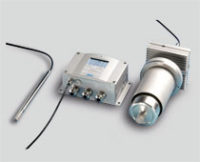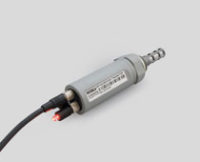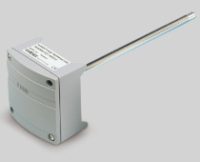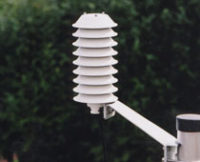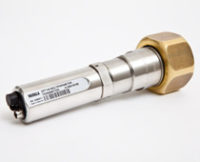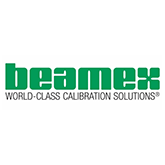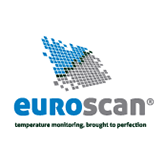Product Description
The Vaisala DRYCAP® Dewpoint Transmitters DMT345 and DMT346 are designed for humidity measurement in industrial drying applications with particularly high temperatures.
- The DMT345 measures humidity at temperatures up to 180°C (+356 °F)
- The DMT346 measures humidity at temperatures up to 350 °C (+662 °F)
- Unique auto-calibration
- Vaisala DRYCAP® Sensor provides accurate, reliable measurement with excellent long-term stability and fast response time
- Condensation-resistant
- Graphical display with keypad for convenient operation
- Optional mains power supply module and alarm relays
- Integrated data logging, with over four years of measurement history
- LAN and WLAN communication options
- NIST traceable calibration (certificate included)
Measure Humidity Directly in Hot Processes The DMT345 and DMT346 are built for direct measurement in hot processes. Therefore, there is no need for sampling systems and trace heating. As a result, high measurement accuracy and constancy are maintained. Vaisala DRYCAP® Dewpoint Transmitters DMT345 and DMT346 are designed to measure and control humidity, especially in dry environments with high temperatures. The accuracy and stability of the DMT345 and the DMT346 are due to their unique auto-calibration function, developed by Vaisala. This feature allows the transmitter to perform calibration and adjustment by itself while the measured process is running. If the measurement accuracy is not confirmed, corrections are made automatically. The procedure is so quick and corrections so minor that it causes no disruption, ensuring easy maintenance and high performance. In normal conditions, it is recommended to have a traceable calibration performed once a year. DMT345: Accurate in Hot and Dry Environments The DMT345 is designed for accurate humidity measurement in hot and dry conditions. This model provides unmatched dry-end measurement accuracy at temperatures up to 140 °C; however, it can operate safely at temperatures up to 180 °C.

